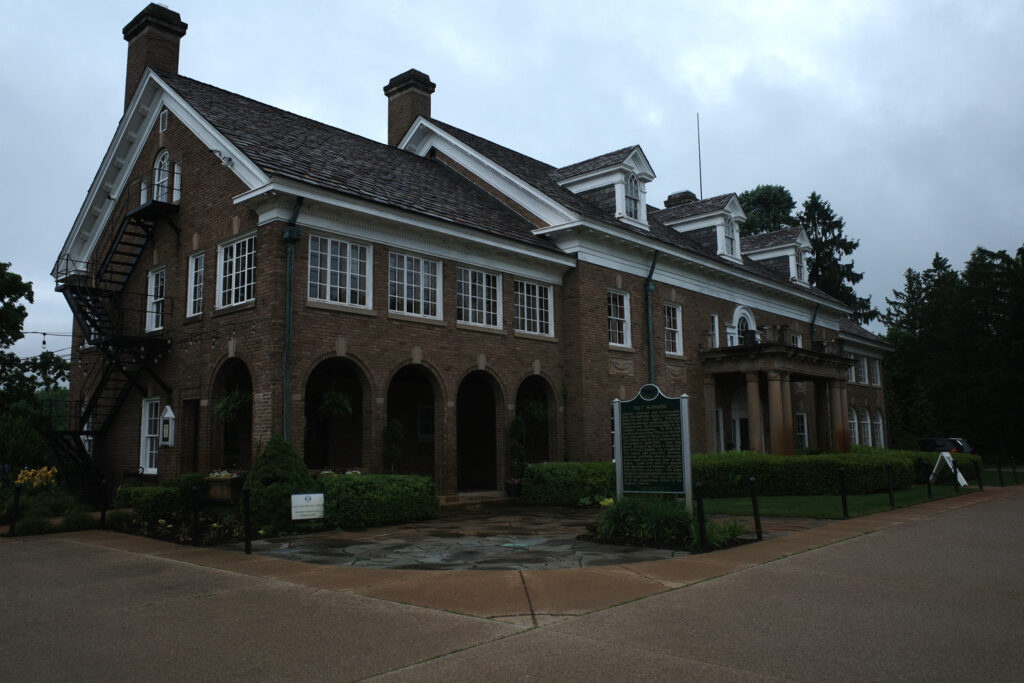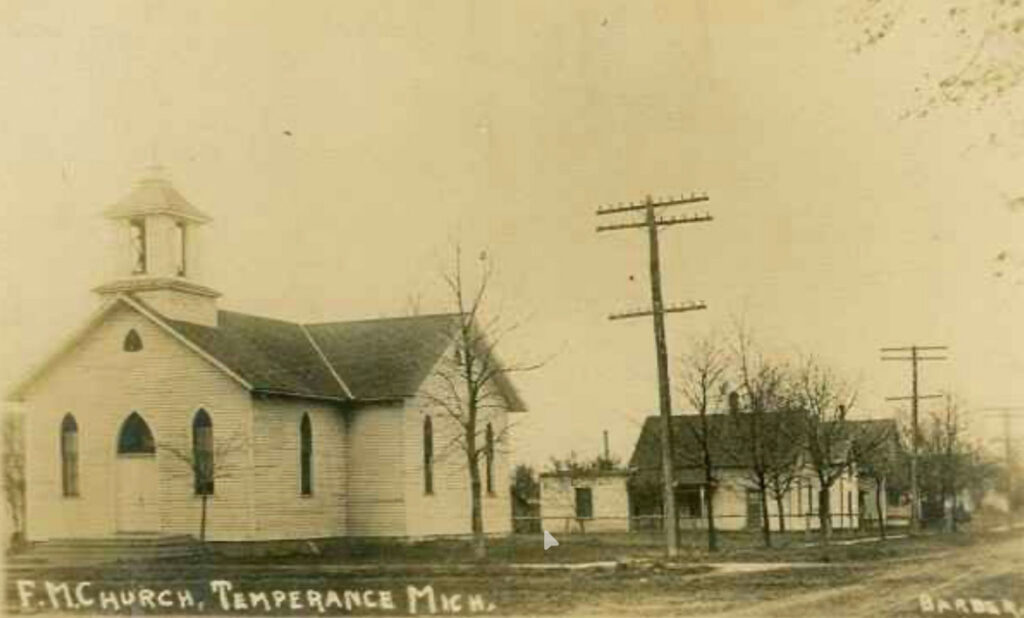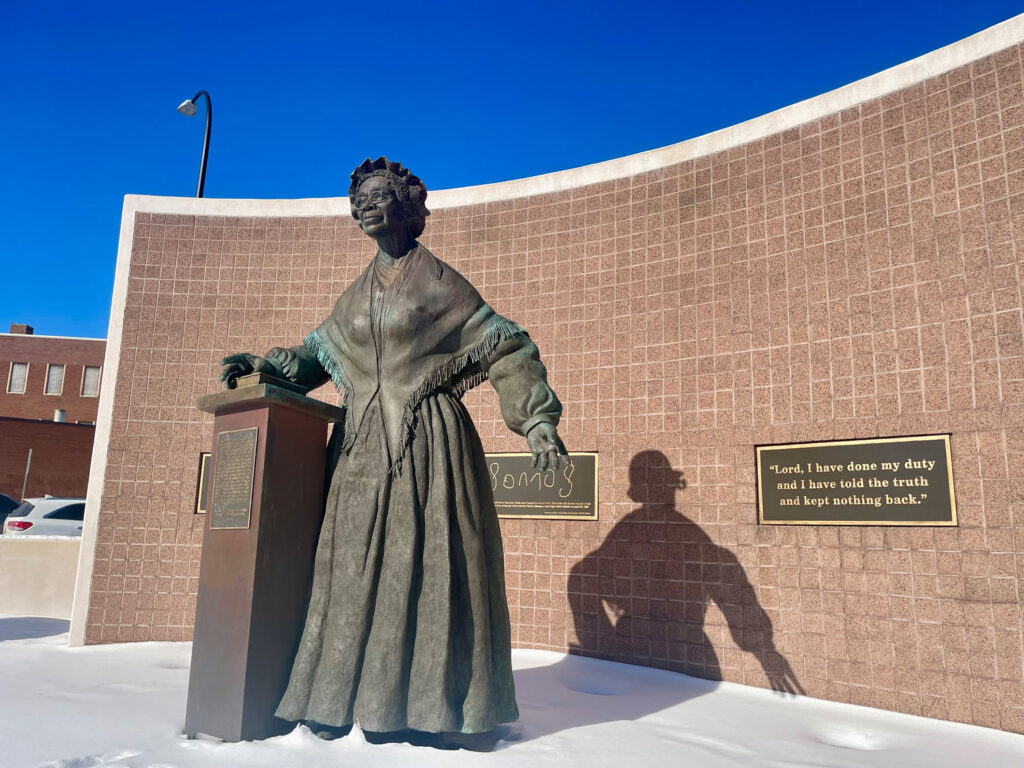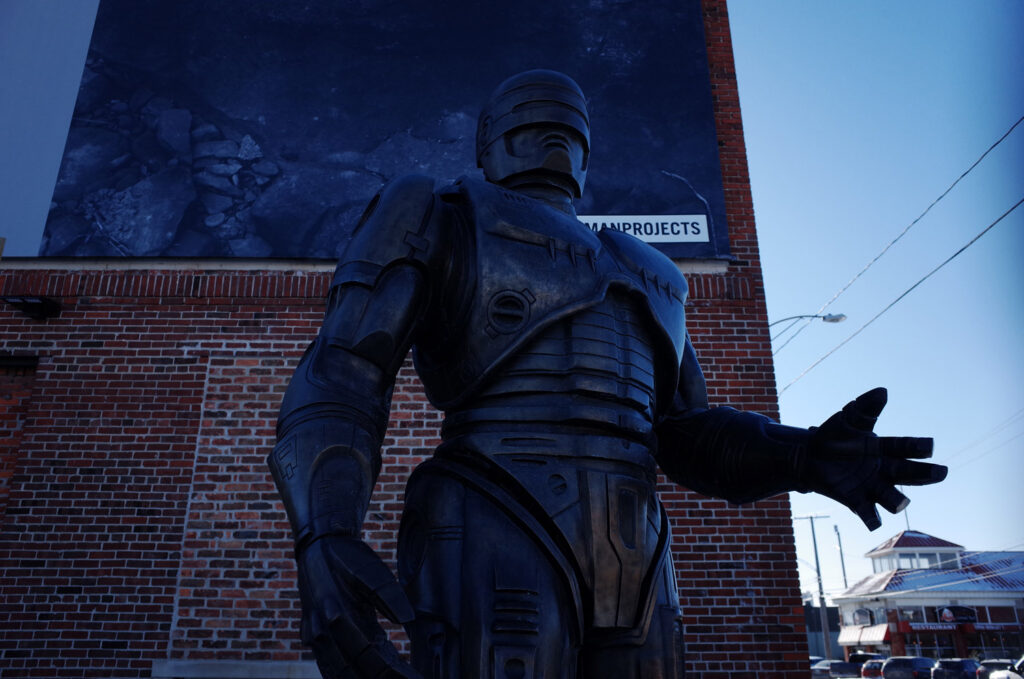Holland — Whether you grew up here, or came for four years of college or a job, Michigan leaves a mark on you—and Pope Leo XIV is no exception.
Born Robert Francis Prevost, the Illinois native attended St. Augustine Seminary High School, formerly in the building West Michigan locals know as the Felt Mansion, located between Holland and Saugatuck.
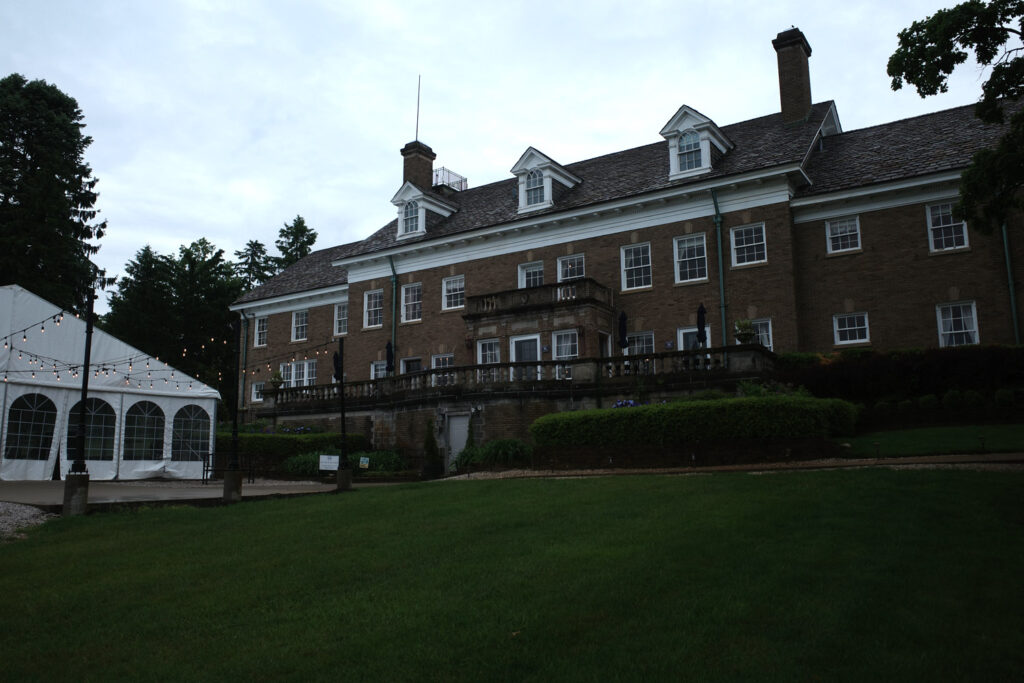
The Laketown Township building, built by Dorr Felt in the 1920s, was a beachfront destination for his family. The self-made millionaire amassed his wealth after inventing the Comptometer, an office-processing machine. After the death of Felt and his wife Agnes not long after the estate’s completion, the family chose to maintain the estate until after WWII. They then sold it to the Augustinians, a Catholic religious order, in August 1949, the estate was renovated and ready for students by fall. The school’s mission was to serve as a minor seminary to guide young men discerning the priesthood.
The building was reworked to fit the needs of a school—the third-floor ballroom was transformed into a student dormitory, faculty lived in the second-floor bedrooms, and the chapel and dining facilities were on the first floor.
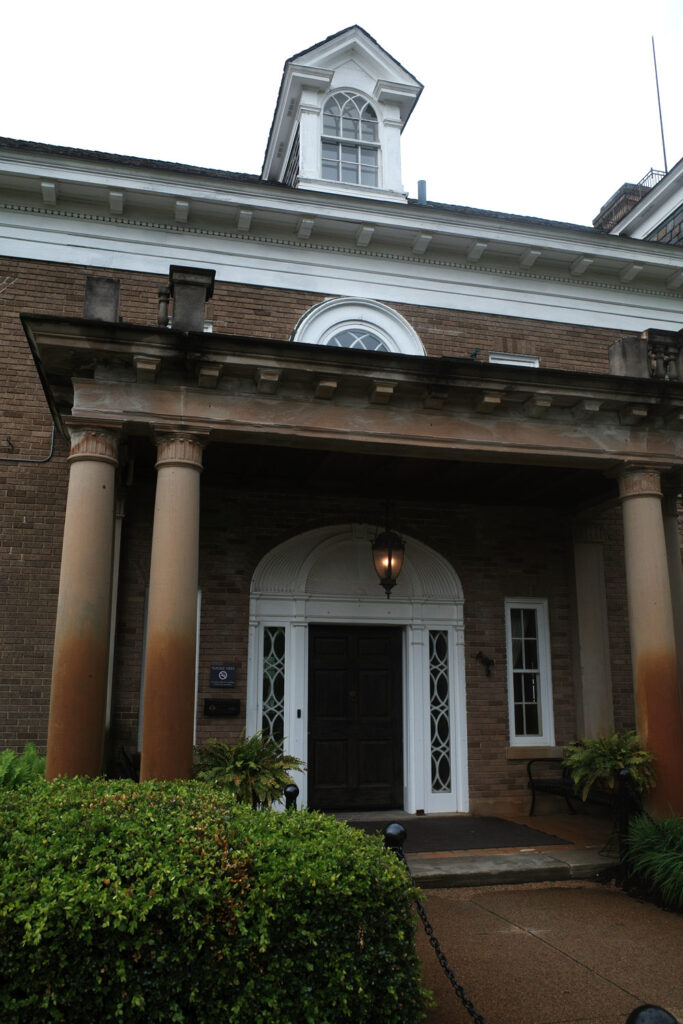
After his Chicagoland boyhood, the future pope headed to Michigan for Catholic boarding school.
His friends look back fondly on their school days with the pontiff. One, Rev. Thomas Becket Franks, told WOODTV that Prevost was “so patient” and was eager to help everyone, regardless of grade level at the seminary.
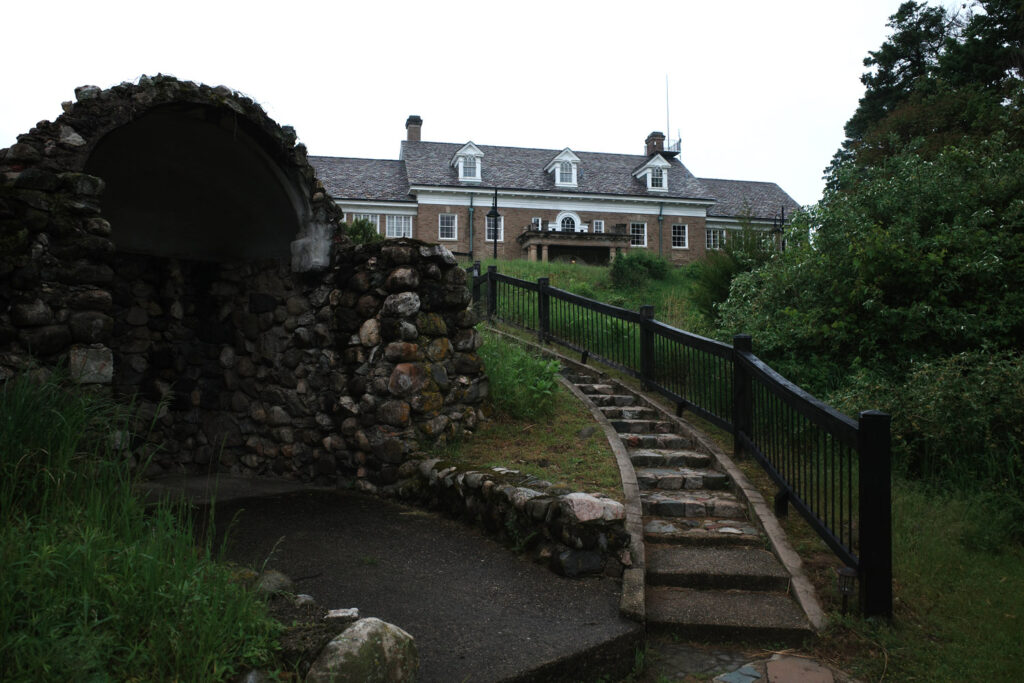
The pope graduated in 1973, one of the final years of the school’s operation. According to the township, enrollment plummeted as a result of the Vietnam War. There were fewer than 70 students around the time the pope graduated, a stark contrast to the 180 fewer than 10 years prior.
The Felt Estate was sold to the State of Michigan in 1978, becoming a state correctional facility. The mansion was a Michigan State Police post, and the property also held the Saugatuck Dunes Correctional Facility, a medium-security prison. The surrounding dune area was then established as Saugatuck Dunes State Park in the same year.
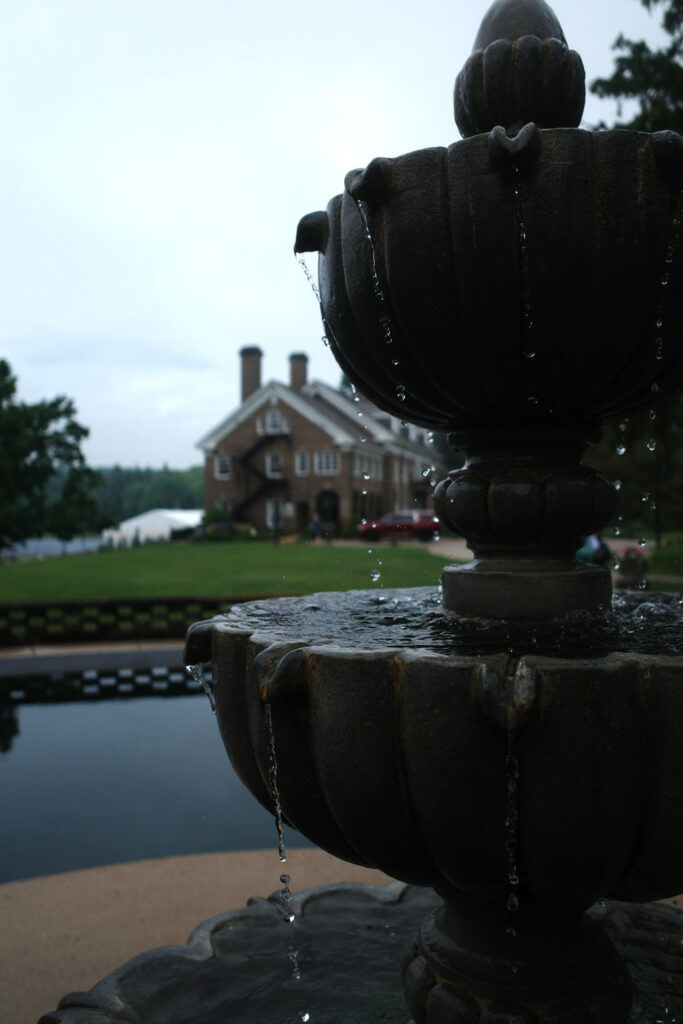
The prison was in operation for less than 20 years, and the area and remaining buildings were eventually sold to Laketown Township for $1, with the promise that the property would be designated for public use. Since then, the Felt Mansion has been transformed into a historical estate and wedding venue—the largest wedding venue package the estate offers is just short of $20,000.
What remains—the Felt Mansion—is not only a pillar of Michigan history, but now Catholic history.
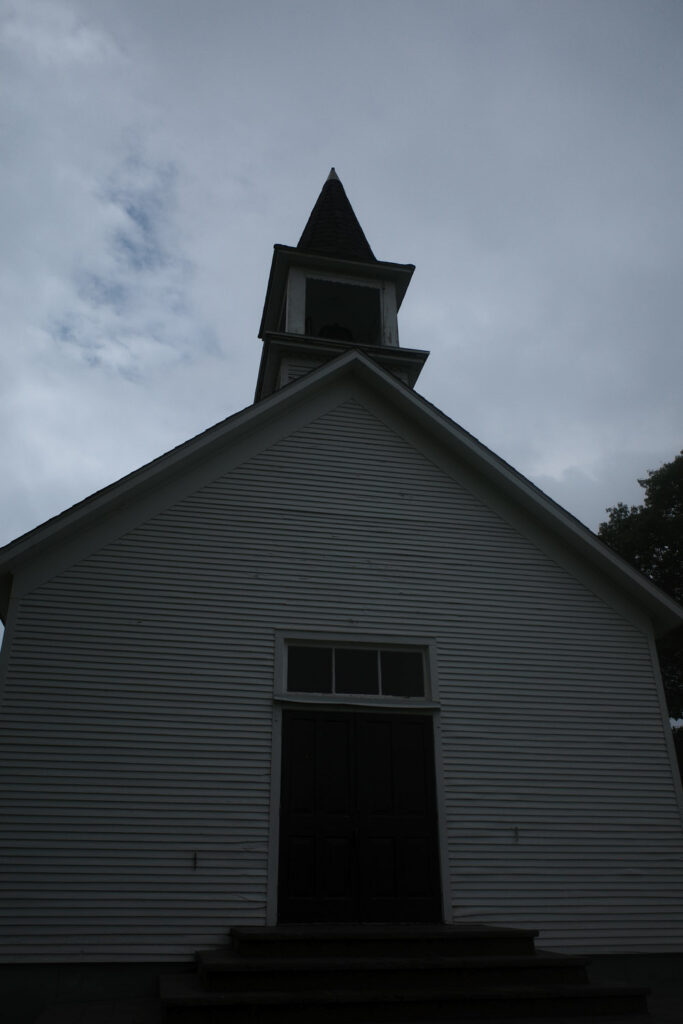
While the Felt Mansion no longer houses young seminarians discerning their call, its walls once held a boy from Illinois, who would go on to shepherd the global Church. In quiet halls once filled with prayer and purpose, Michigan left its mark—not just on a future pope, but on history itself.
Kamden Mulder is a reporting fellow for Michigan Enjoyer.
